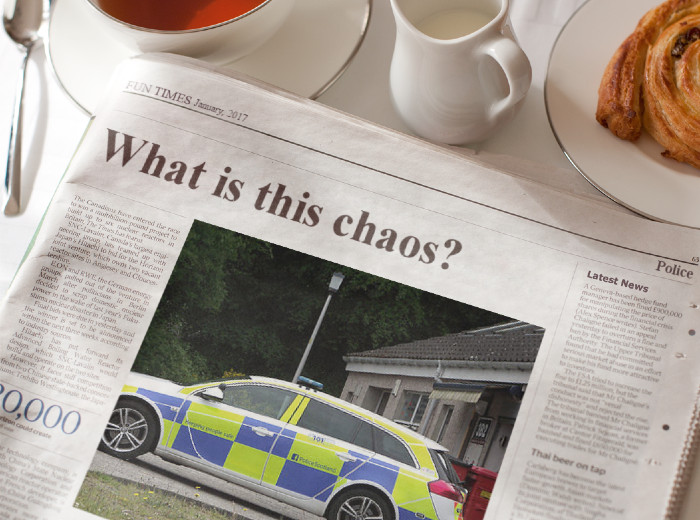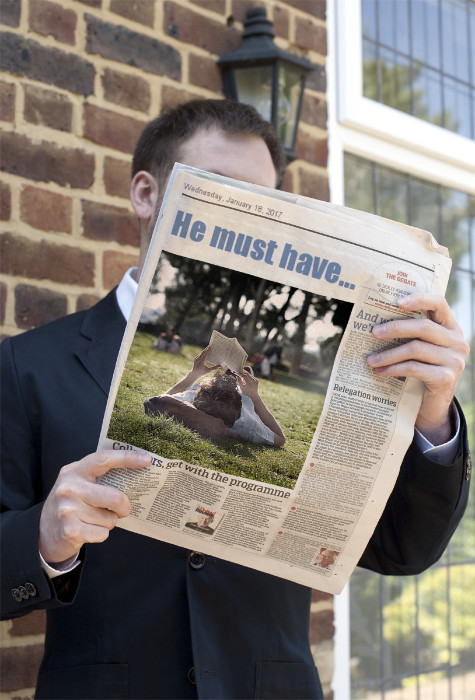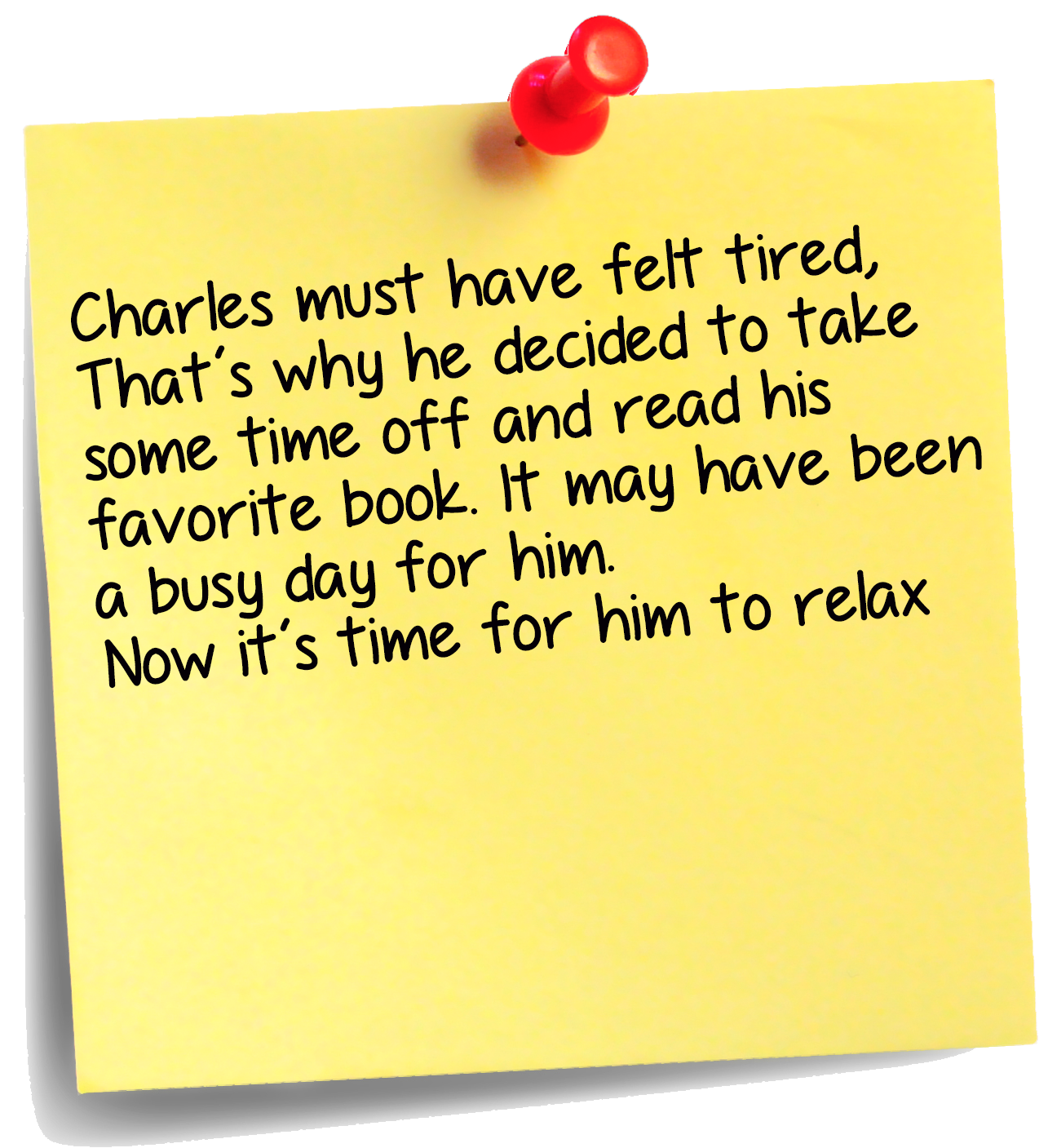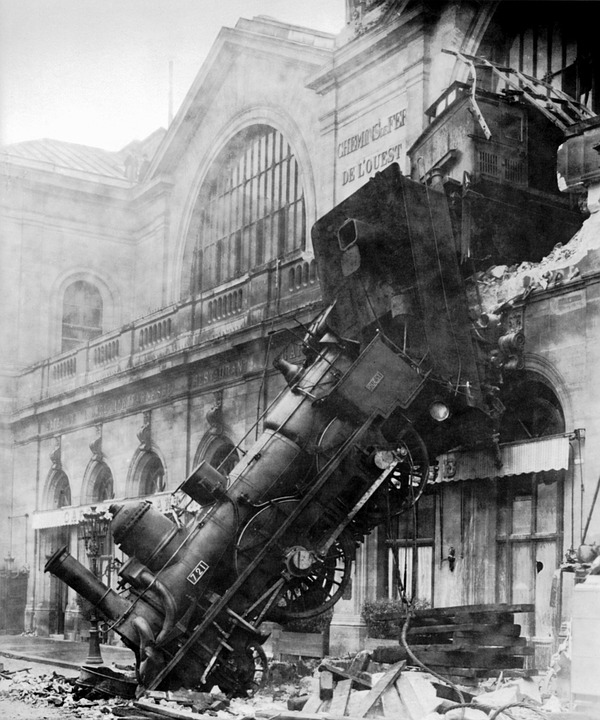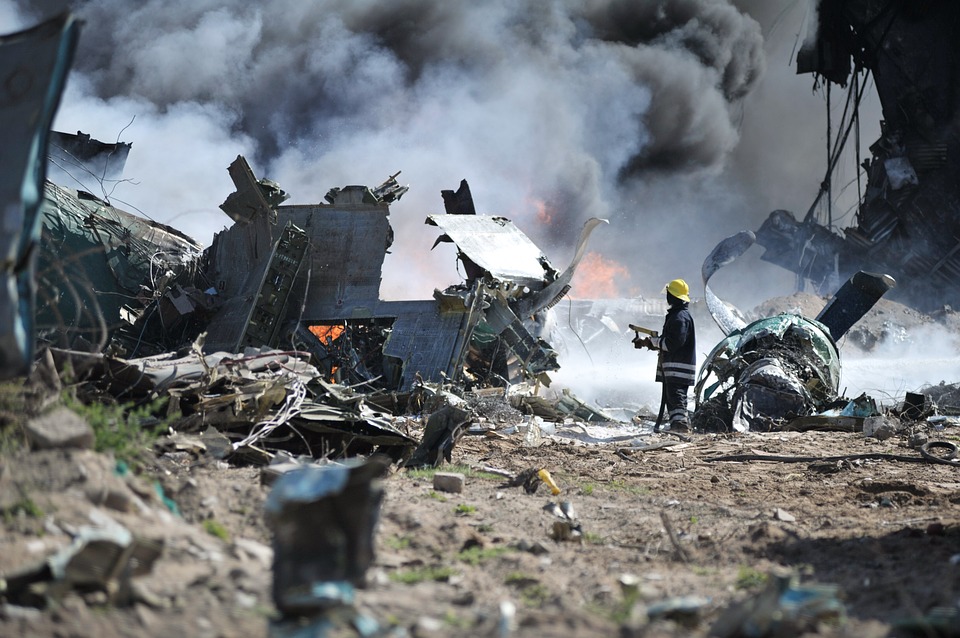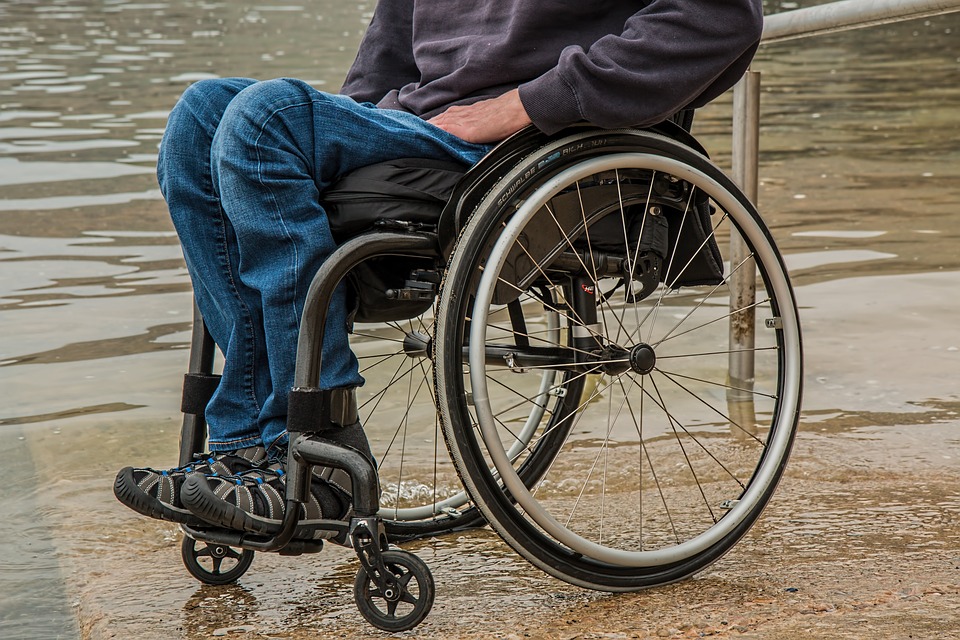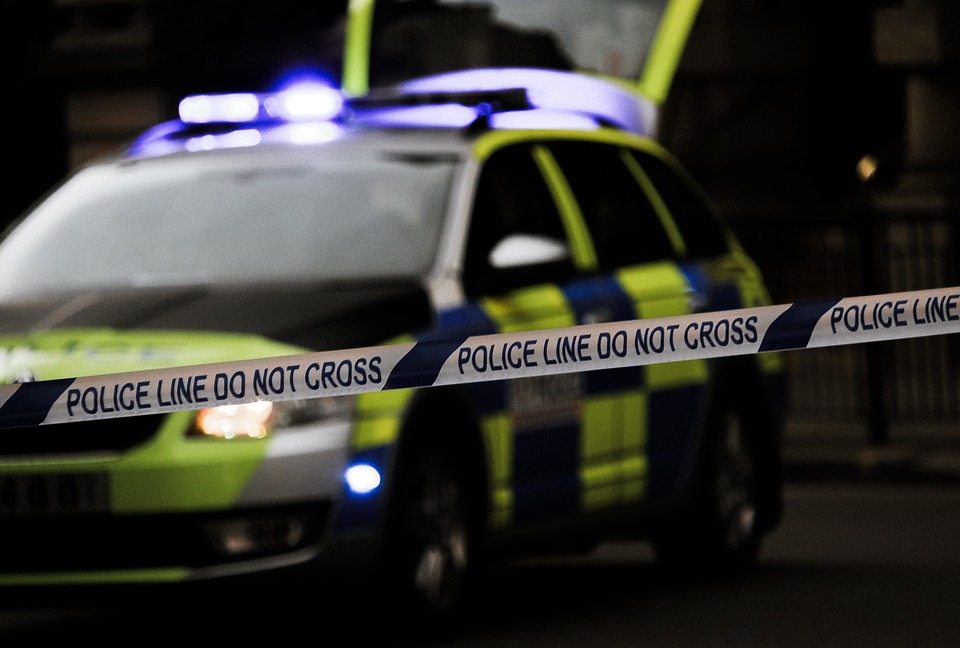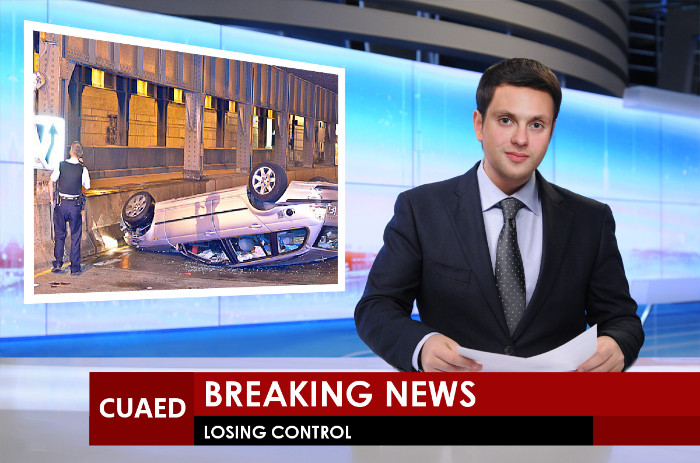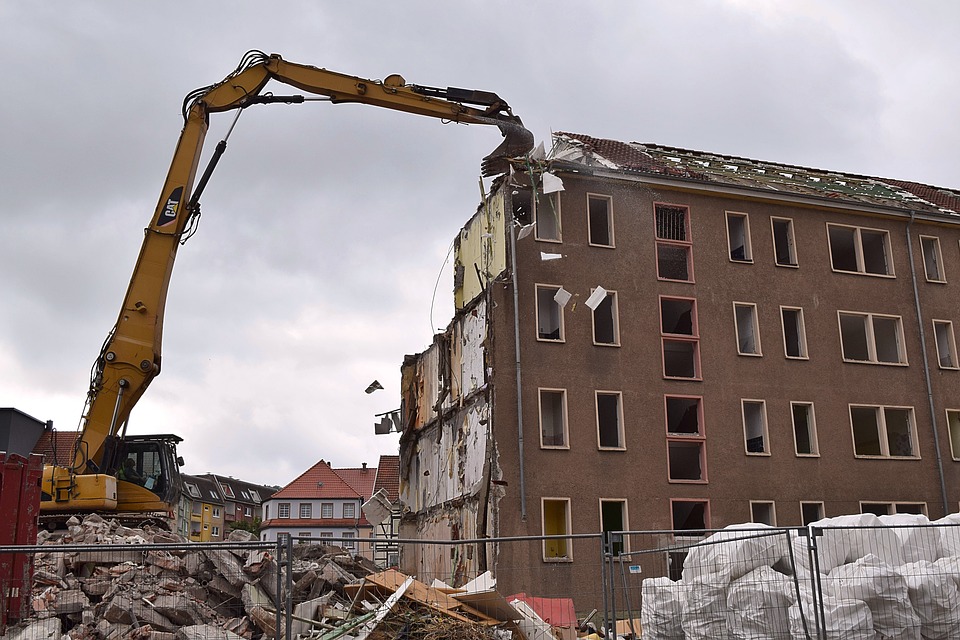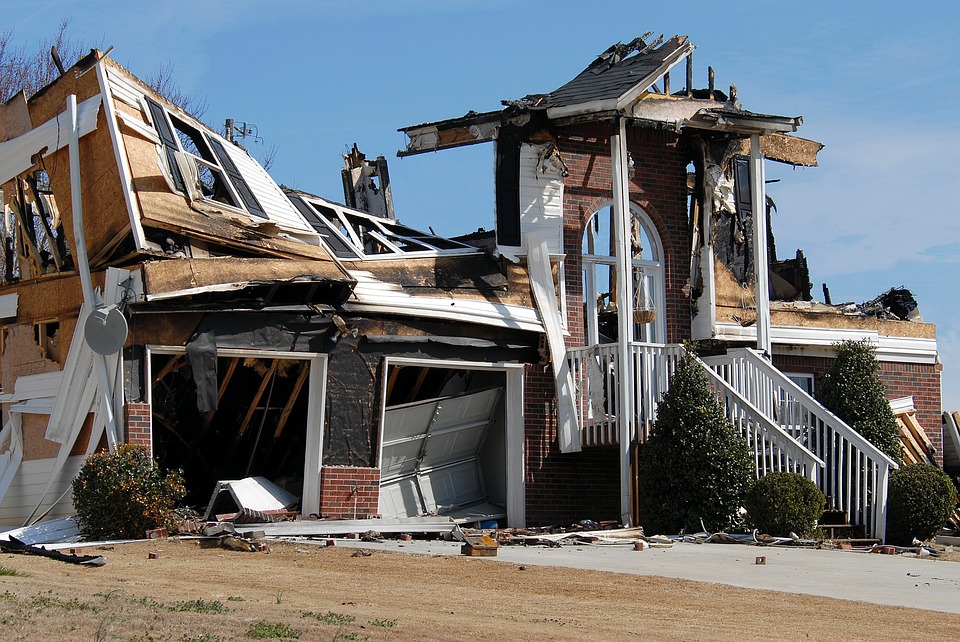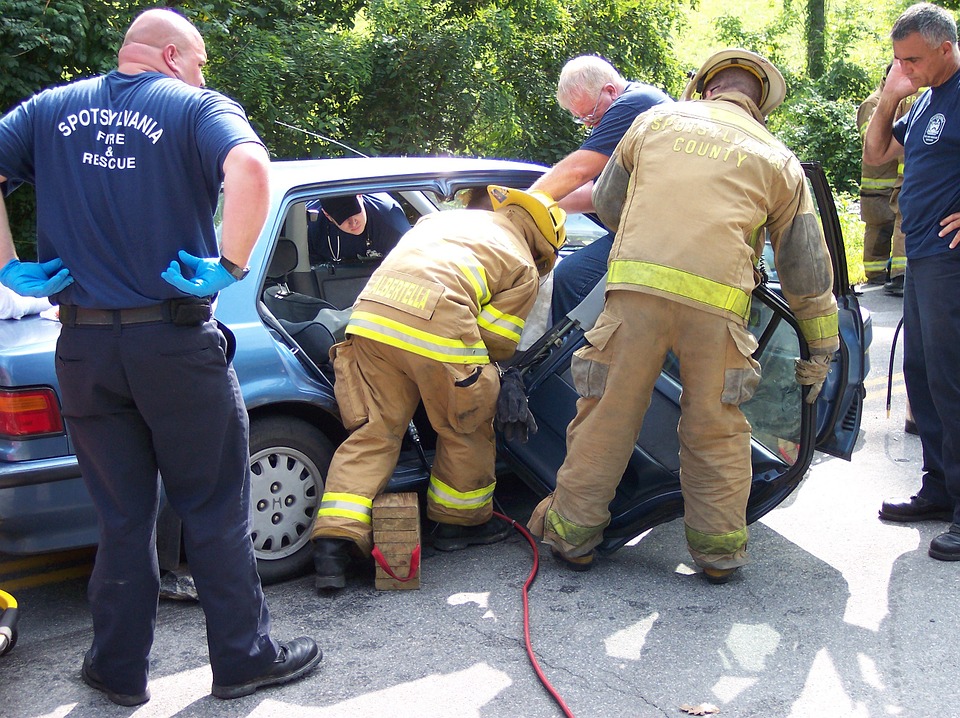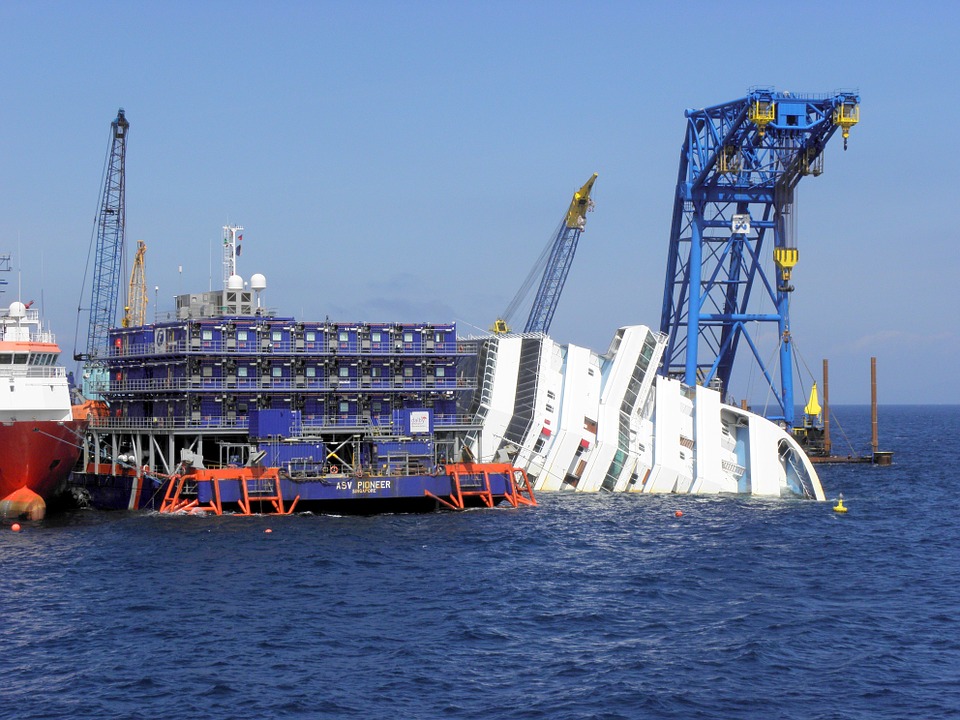Content
May have, might have, must have
The following information is essential so that you can become familiar with the grammar structure of the modals + have.
We use the modals must have, may have and might have + past participle to express past probability.
• If you are sure that something occurred in the past, must have + past participle must be used.
• If you are not sure that something occurred in the past, may have + past participle or might have + past participle must be used.
Important: may have + past participle and might have + past participle can be used the same way.
In other words:
We use must have + past participle to express that we are 100% sure that something occurred in the past.
Example:
• They are not here. They must have left early.
(I’m 100% sure they left the place at any time in the past).
We use may have + past participle or might have + past participle to express that we are not 100% sure that something occurred in the past. They are only possibilities.
Examples:
• Paul isn’t here yet. He might have missed the bus.
(I’m not sure if he missed the bus, but it is a probability).
• The road may have been blocked.
(I’m not sure if the road was blocked, but it is a probability).
Remember that you can use may have + past participle and might have + past participle in the same way.
• The doctor isn’t in. He may have gone out to practice a surgery.
or
• The doctor isn’t in. He might have gone out to practice a surgery.




